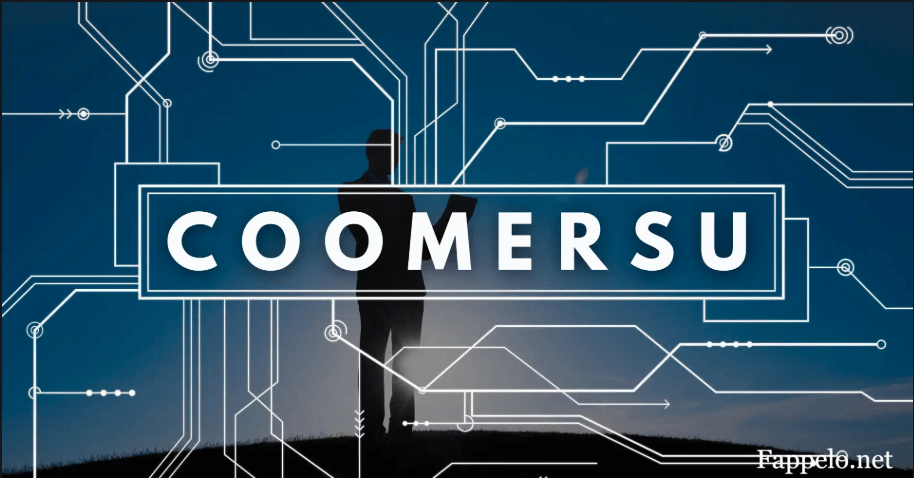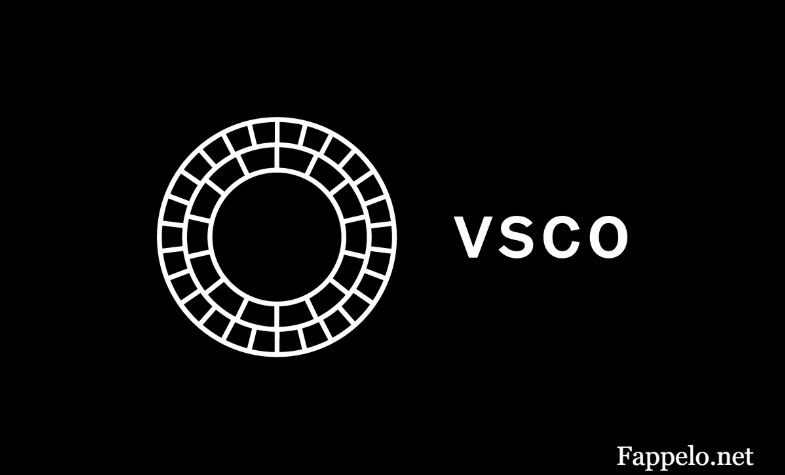Introduction
In today’s rapidly evolving digital age, culture is being shaped in unprecedented ways by the internet. One of the more interesting and unique developments is the rise of Coomersu, a term that blends the worlds of internet memes and consumer culture. This term may seem strange to many, but it encapsulates a phenomenon that reflects the merging of online humor, meme culture, and consumer-driven society.
The influence of memes and internet culture on consumer behavior is profound. Coomersu stands as a representation of how online trends, often derived from humor, have become intertwined with how people purchase, interact with, and engage with brands. This article will take an in-depth look at Coomersu, its origins, and its impact on both internet culture and consumerism.
What is Coomersu?

Coomersu is a playful and satirical term that originates from internet meme culture, specifically within certain online subcultures that discuss overconsumption in a humorous and sometimes absurd manner. The term itself is a combination of “Coomer,” a meme character often linked with excessive indulgence in adult content, and “consumer.” In many ways, Coomersu is a critique of consumerism, but it’s expressed through a lens of internet humor and exaggerated absurdity.
While the term often makes light of overconsumption or addiction to internet trends, it also highlights the intersection between online behaviors and the consumerist society. It’s not just a meme; it reflects a larger cultural critique that resonates with many people who feel overwhelmed by the pressures of consumerism.
In essence, Coomersu is a meme character representing the modern-day consumer—overloaded, distracted, and constantly searching for the next big thing, whether it’s a product, a trend, or the next viral meme.
How Memes Influence Consumer Behavior
The digital world has given birth to a new kind of advertising—memes. Coomersu is an excellent example of how humor, viral trends, and memes can influence consumer behavior. This influence goes far beyond just selling products. Memes create cultural movements, and these movements shape how consumers view products, brands, and even themselves.
Memes as Digital Marketing Tools
Brands are increasingly turning to meme culture to market their products. Using memes like Coomersu in campaigns, businesses are able to reach a younger, more internet-savvy audience. The humor embedded in these memes often resonates with consumers in a way that traditional advertisements do not. By aligning their products with memes, brands tap into the social landscape where memes like Coomersu thrive.
The use of memes in advertising is effective because it feels less like a direct marketing message and more like part of the conversation happening online. Memes have a unique ability to humanize brands, making them feel more relatable, approachable, and in-tune with current trends. Coomersu represents the ultimate modern consumer—constantly engaged, slightly distracted, and always looking for the next big thing. As a result, it’s not hard to see why brands are drawn to this kind of marketing approach.
Coomersu as a Reflection of Consumerism
One of the reasons Coomersu resonates with so many people is because it is a direct reflection of the modern consumer. Today’s consumer is bombarded with endless options, advertisements, and trends. They are encouraged to buy more, consume more, and keep up with the latest fads. Coomersu, in its exaggerated form, makes light of this overwhelming consumption.
Memes like Coomersu often poke fun at the endless pursuit of material goods, whether it’s the latest fashion, gadget, or trend. It highlights how consumer culture has become so ingrained in society that it often feels like a never-ending cycle. People are constantly “chasing the next big thing,” even if that thing is just another meme or viral trend. This meme culture is directly tied to consumer behavior and has significant implications for how people make purchasing decisions.
The Role of Humor in Consumer Engagement
Humor has always played a vital role in consumer engagement, and Coomersu is a prime example of this. By framing consumer behavior in a humorous light, memes allow people to laugh at their own habits while still acknowledging the reality of those habits. Coomersu satirizes the idea of overconsumption, but it does so in a way that is familiar, funny, and easy to understand.
This type of humor makes the serious issue of consumerism more digestible. People are often more open to discussions about difficult topics, like overconsumption or societal pressures, when they are presented through humor. Coomersu captures the spirit of this approach, using internet meme culture to discuss larger societal issues while still being funny and relatable.
Humor in memes also encourages sharing. When something is funny, it spreads quickly across the internet. Coomersu, like many memes, thrives because it is shareable and relatable. This viral nature of memes is a powerful tool for companies trying to increase their visibility and engagement.
Coomersu and the New Age of Consumer Culture
The emergence of Coomersu highlights how consumer culture has evolved in the age of the internet. In the past, traditional marketing methods—television ads, print ads, and billboards—were the primary tools for businesses. Today, however, memes and internet trends have become just as influential in shaping consumer behavior.
In this new age, the line between entertainment, culture, and advertising is increasingly blurred. Coomersu reflects this shift. The meme serves as both a critique and a commentary on modern consumerism, using humor to dissect the obsessive and often absurd nature of contemporary consumer culture.
This new era of consumer culture is characterized by a greater level of personalization and customization. Brands are now trying to connect with consumers on a more personal level, using memes like Coomersu to engage with them in an authentic and entertaining way. This shift away from traditional advertising is a sign of how deeply internet culture is influencing not just how we consume media but how we consume products and services as well.
The Influence of Social Media
Another significant factor in the rise of Coomersu is social media. Platforms like Twitter, Instagram, and TikTok have accelerated the spread of memes and internet trends, allowing them to go viral in a matter of hours. As memes like Coomersu gain traction, they quickly become part of the broader cultural conversation.
On social media, consumer culture is constantly evolving. Influencers and content creators are key drivers of this culture, often using memes and viral content to engage with their followers. Coomersu fits perfectly within this ecosystem, as it mirrors the behavior and attitudes that have been amplified by social media.
Through memes, consumers can now directly engage with brands and products in ways that were previously unimaginable. This new form of engagement challenges traditional marketing models and reflects a shift in how people consume both media and products.
Coomersu as a Commentary on Society
In many ways, Coomersu functions as a mirror to society’s obsession with consumerism and online culture. It brings attention to the absurdity of constantly chasing trends, whether they are new products, viral memes, or the latest social media challenge. By exaggerating the behavior of the consumer, Coomersu provides a satirical take on the constant pressure to buy and consume.
The meme’s humor lies in its ability to make light of the very real pressures that many people feel in today’s consumer-driven society. It pokes fun at the idea of overconsumption, yet it also serves as a reminder of how pervasive this behavior is in modern life. Whether people realize it or not, they are constantly exposed to advertisements, trends, and consumer messages. Coomersu simply highlights how this has become an inherent part of our daily lives.
In this sense, Coomersu is not just a meme—it’s a social commentary on the modern condition. It shows how deeply embedded consumer culture is in society and how it has transformed the way we interact with the world around us.
Conclusion
To conclude, Coomersu is more than just a meme. It represents the intersection of consumer culture and internet humor, offering a unique critique of the way we engage with products, trends, and media in the digital age. Through humor, it highlights the absurdity of overconsumption while resonating with the very real pressures people face in today’s society.
As memes like Coomersu continue to shape how we perceive and interact with consumer culture, it will be interesting to see how this trend influences the future of digital marketing and consumer engagement. The blending of humor, internet culture, and consumerism is a powerful force, and Coomersu is at the forefront of this cultural shift. Whether seen as a satire or a reflection of reality, it is clear that Coomersu and similar memes will continue to impact the way we view consumption in the years to come.



